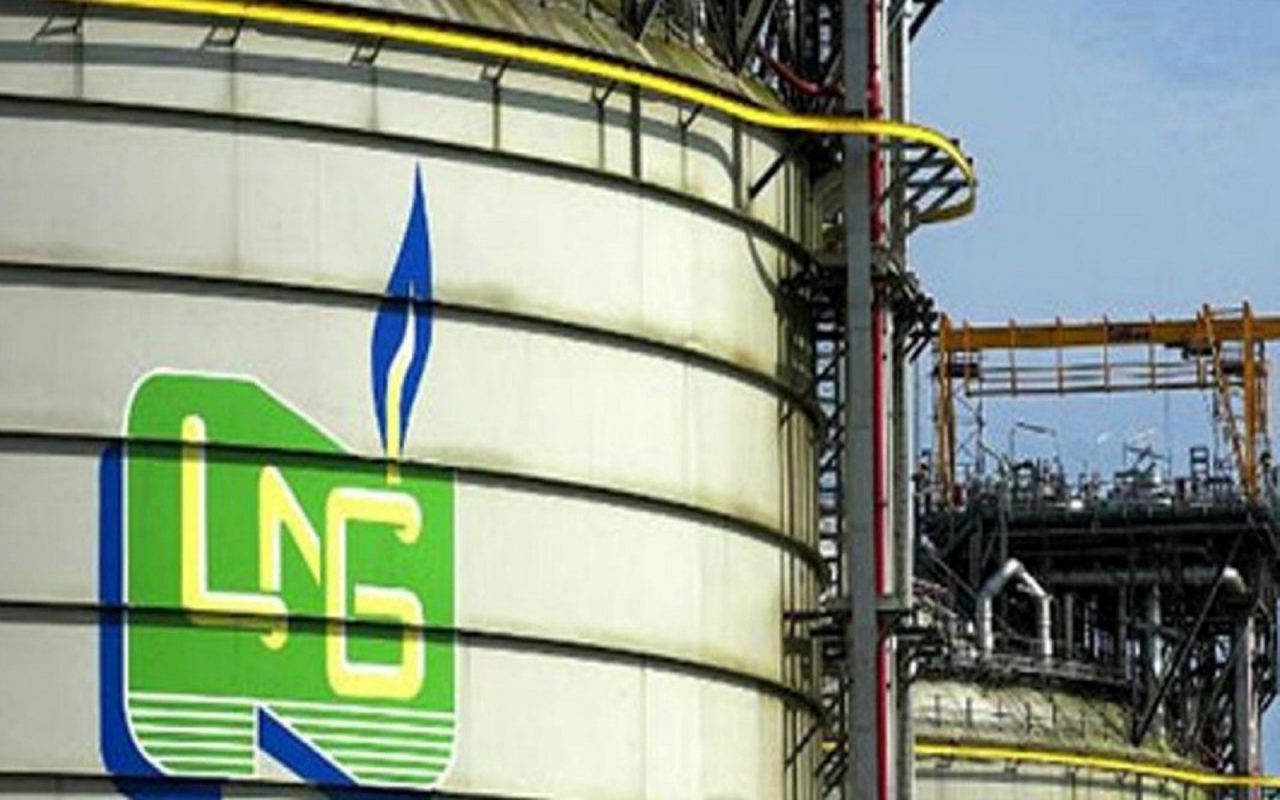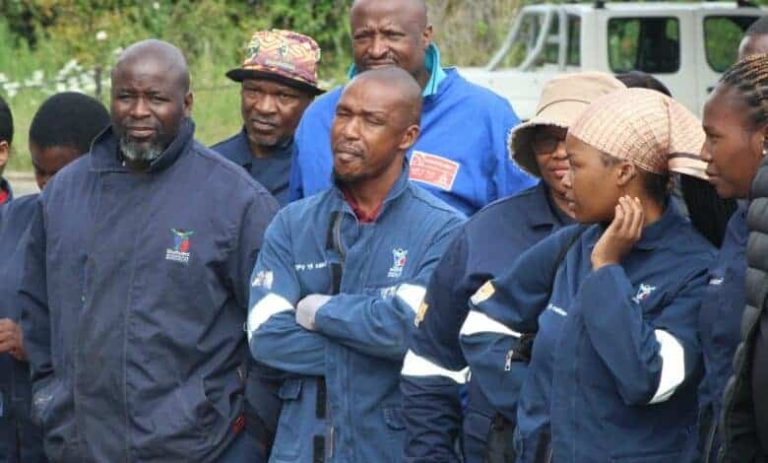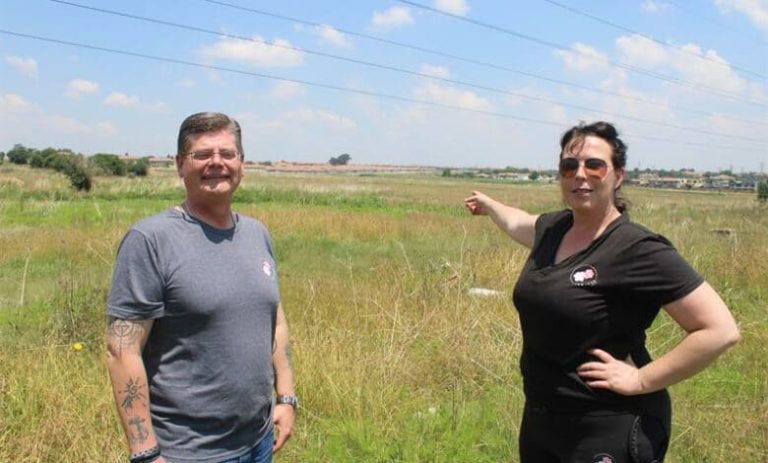
Nigeria Liquefied Natural Gas Limited (NLNG) has said that with ownership of at least 45 Million Tonnes Per Annum (MPTA) of potential new supply, Africa’s LNG output could rise from about 70 MTPA today to 120 MTPA by 2035.
Speaking during a keynote address titled: “The Role of African LNG in a Dynamic Export Market” at the Africa Energy Week (AEW) 2025 in South Africa, the Company’s Deputy Managing Director, Olakunle Osobu, stated that Africa was not a bystander in the conversation on energy security, affordability, and sustainability.
Osobu also said Africa remains a rising pillar of global supply, maintaining that Nigeria has a duty to lead. He urged Africans to move beyond the role of raw material suppliers and take their place as key players in the global LNG market.
He stressed that with more than 850 trillion cubic feet of natural gas reserves, about 6 per cent of the total global reserves, Africa has the resources, the position and the ambition to double its share of the global LNG market within the next decade.
Osobu highlighted Nigeria’s role as the continent’s LNG pioneer, pointing to the NLNG Train 7 expansion project, which will grow the company’s capacity from 22 million tonnes per annum (MTPA) to 30 MTPA, as a demonstration of sustained leadership, a statement by the company’s General Manager, External Relations & Sustainable Development, Sophia Horsfall, said.
“Our investment in expansion shows that Nigeria is driving LNG growth not only for exports but also for domestic industries and energy access. We must prove that Africa can deliver LNG that is secure, competitive, and sustainable,” he added.
Osobu noted that emerging LNG frontiers across the continent collectively represent more than 45 MTPA of potential new supply. With these additions, Africa’s LNG output could rise from about 70 MTPA today to 120 MTPA by 2035, further consolidating the continent’s standing as a global LNG hub, he added.
While noting Africa’s strategic advantage, shorter shipping routes to bothEurope and Asia, Osobu warned that competitiveness, financing, and domestic responsibility remain Africa’s biggest hurdles.
He pointed out that the US and Qatar are rapidly expanding LNG capacities, while financiers increasingly demand low-carbon and decarbonised LNG projects.
He stressed that Africa’s LNG journey must strike a balance by supplying the world reliably, catalyse African industrialisation, and demonstrate sustainability in line with global decarbonisation goals.
Organised by the African Energy Chamber, Africa Energy Week 2025 brought together policymakers, investors, and industry leaders to shape Africa’s energy future.
Emmanuel Addeh



